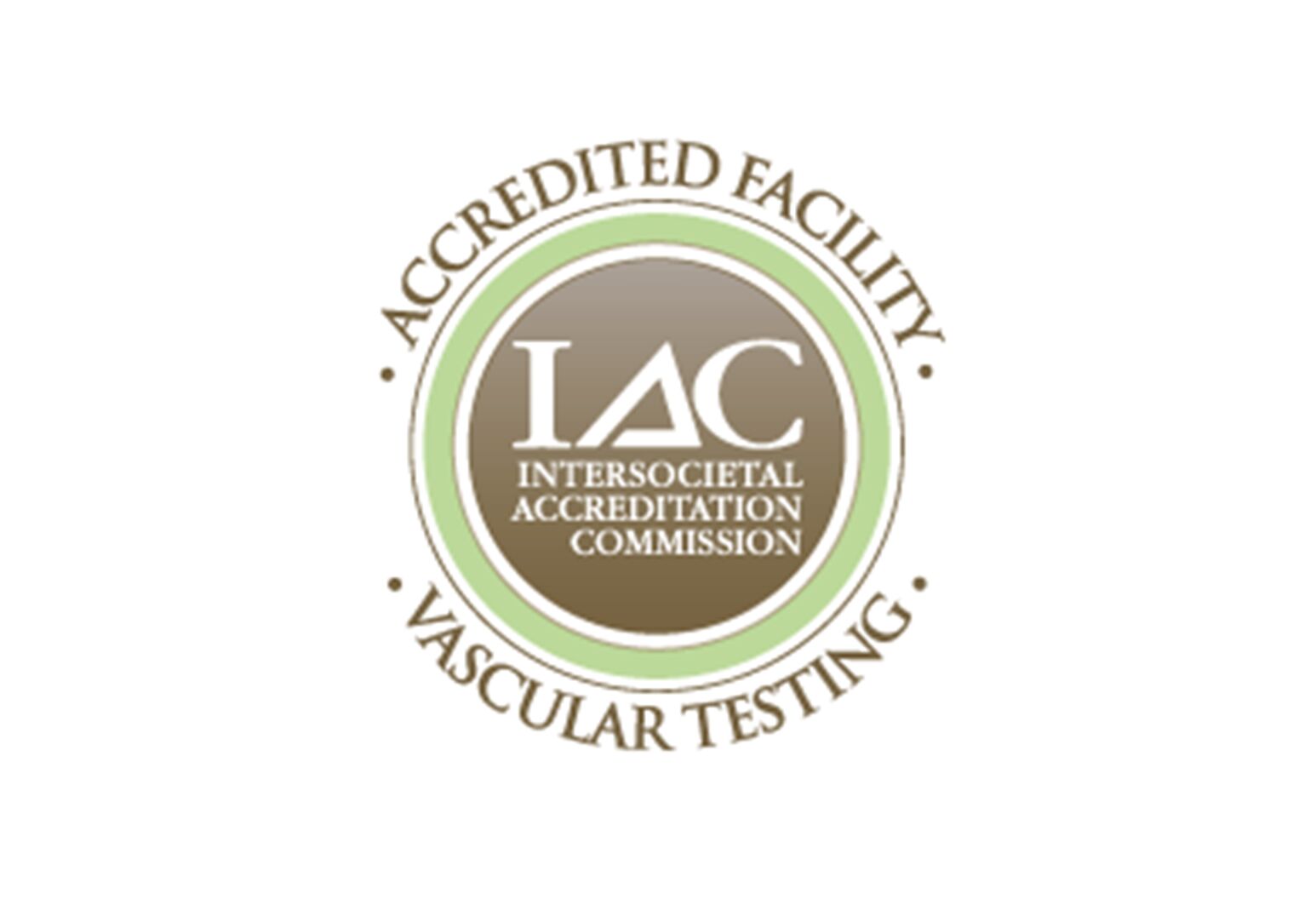Varicose veins
What are varicose veins?
Varicose veins are enlarged, swollen, twisted veins that you can see through the skin most commonly found in the legs and feet. An extremely common condition, these engorged veins can vary in severity. Some patients who suffer from varicose veins and spider veins (a mild variation of varicose veins) seek treatment for cosmetic reasons. However, some cases of varicose veins can lead to more serious complications and may cause patients extreme pain and discomfort.
Our approach
We understand that varicose veins can be painful and unsightly, adding inconvenience to your day-to-day life. Our vascular specialists and surgeons are proficient in the treatment of varicose veins. While the approach to this condition is standard, our experts are relentless about uncovering a viable treatment approach that best suits your condition and your overall lifestyle. We create a customized treatment approach that eliminates pain, cosmetic concerns and future complications, so you can focus on what truly matters: maintaining a normal, healthy lifestyle.

Our Vein Center on Long Island is accredited by the Intersocietal Accreditation Commission (IAC) for superficial venous treatment and management. This further demonstrates our vein specialists’ commitment to consistent, quality care and our dedication to continuous improvement.
Symptoms
Patients with varicose veins may experience:
- Pain over the veins
- Swelling
- Itching
- Discoloration of skin
- Heaviness or tiredness of the legs
- Fatigability
- Veins that appear to be purple, twisted or bulging
- Blood clots, ulcers or bleeding (in severe cases)
Some patients may have no symptoms but may still choose to seek treatment for cosmetic concerns.
Related conditions
Spider veins are a common condition often associated with varicose veins. Much like varicose veins, spider veins are twisted, jagged veins that appear at the skin’s surface. Spider veins are caused by a buildup of blood and can be purple, red or blue in color. While they may cause slight itching or burning sensations, they are often associated with less pain and complications than varicose veins.
Risk factors
Risk factors related to varicose veins include:
- Family history
- Age
- Standing or sitting for prolonged periods of time
- Obesity
- Lack of activity or exercise
- Injury
How common is it?
Varicose veins are extremely common, as many people tend to stay on their feet for prolonged periods of time. According to the American Society for Vascular Surgery, at least 20 to 25 million Americans have varicose veins. Women are at a greater risk for developing varicose veins, specifically during pregnancy due to hormonal changes.
Complications
Varicose veins can worsen over time without proper treatment or lifestyle changes. In rare instances, varicose veins can lead to ulcers, blood clots and bleeding. Ulcers can occur near the ankles and come from long-term fluid buildup in these tissues caused by an increase in pressure of the blood within the veins. When veins become gnarled or twisted, blood flow is weakened, which can cause superficial blood clots, causing swelling, redness, pain and tenderness in the affected area.
Types of treatment
No two patients are the same—that’s why we conduct thorough physical exams and ultrasound-guided tests to come up with a customized treatment plan that will improve each patient’s overall quality of life. We have a “minimally invasive first” mentality, which means we are committed to finding a treatment that will cause the least amount of discomfort when possible. Our leading-edge minimally invasive techniques help reduce pain, scarring, risk of infection and recovery time.
We tend to treat varicose veins on an outpatient basis, meaning the procedure can be performed with local anesthesia and you can go home that same day. We often use ultrasound-guided treatments, such as endovenous laser therapy or radiofrequency ablation, both of which involve applying heat to close the vein. The side effects associated with ultrasound-guided treatments are minimal. In about .05 percent of cases, patients may develop deep vein thrombosis, which is a blood clot within a vein. If this occurs, your doctor may recommend a blood thinner to treat the clot.
In addition to receiving treatment for existing varicose veins, our experts believe that lifestyle modifications are key to prevention. Patients should place an emphasis on regular exercise, weight management, a healthy diet and avoiding standing on their feet for extended periods of time.
Recovery
Our vascular specialists will go above and beyond to ensure a smooth and quick recovery process for your varicose veins treatment. Typically, we suggest avoiding strenuous physical activity and soaking in water (pools, hot tubs, etc.) for several days post-treatment. Depending on your treatment approach, you can expect areas of inflammation, tightened and tender knots, skin discoloration and a decrease in sensation of the treated area. These side effects are usually temporary. Depending on your course of treatment for varicose veins, you could experience post-operative pain, and your doctor may recommend a non-steroidal anti-inflammatory to reduce discomfort.
Prevention
If someone in your family has been diagnosed with varicose veins, you should make it a point to discuss preventative measures and lifestyle modifications with your doctor. While you can’t always prevent the onset of varicose veins, you can prevent the worsening of existing varicose veins by making healthier choices. Regular exercise, not standing for prolonged periods of time and weight control all contribute to the prevention of varicose veins. Our experts will work with you to create a customized prevention plan that best suits your lifestyle.
